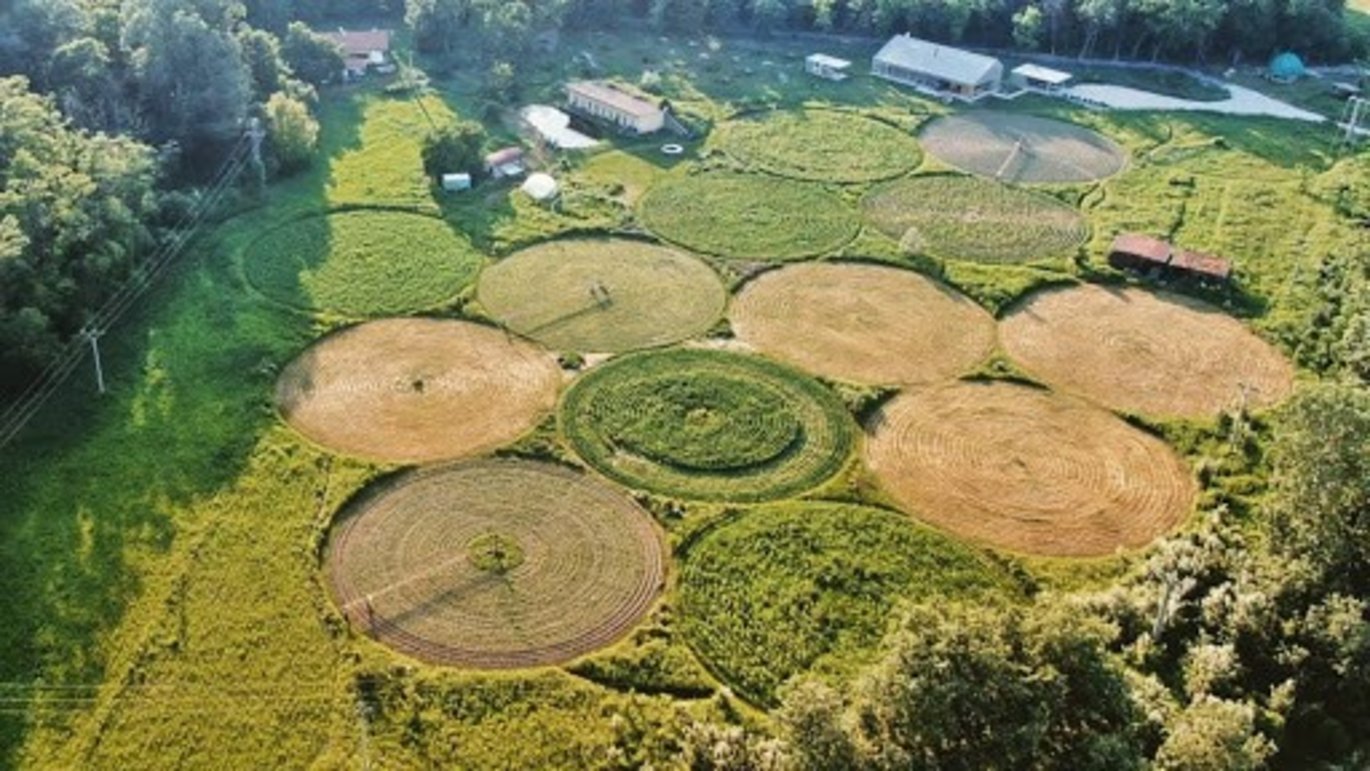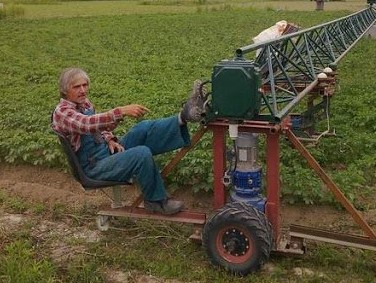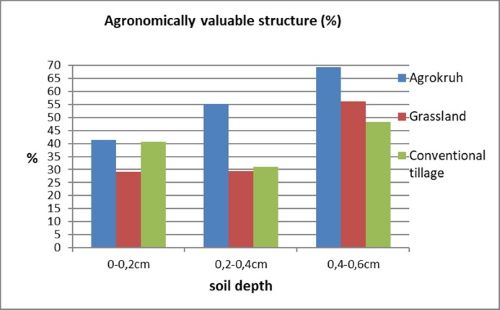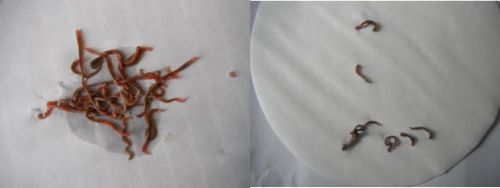New technology for soil cultivation shows significant impact on soil properties for cultivating vegetables
The AgroKruh system represents an ecological way of cultivating soil in circles using a support arm with individual spading and irrigation equipment. The soil is not ploughed and turned, and the method has significant impact on soil properties that are important for cultivation of organic vegetables.

The type of soil use and cultivation as well as the use of fertilizers in agricultural production have a significant impact on the environmental burden. Humankind can no longer afford the hazardous use of ecosystems, but must look for ways to use them sustainably. One of the ways to use the land in a sustainable way can be organic farming.
Organic farming aims to produce food using natural substances and practices and thus without the use of artificial fertilizers. The idea is that, organic farming has a positive impact on the environment, as it promotes the balance of individual ecosystems, which increases with time. The principles of organic farming include the responsible use of energy and natural resources, the preservation or enhancement of biodiversity, the restoration and preservation of ecological balance, the preservation or enhancement of soil fertility and the preservation or improvement of water quality.
Reduced cultivation effects soil properties
The AgroKruh system represents one of the forms of cultivation and use of the soil in an ecological and thus sustainable way. It is based on cultivating the soil in a circle using a support arm on which the individual spading and irrigation equipment are placed. The arm is anchored in the middle of the field on the beam and can be moved through the centre to adjacent circular fields. The soil is not ploughed and turned, it is just loosened by spade. Fields prepared in this way are used for growing vegetables.

Ján Šlinský (patent holder) and founder of AgroKruh. Photo Richard Medal.
This method of cultivation shows to have a direct effect on increasing the share of agronomic valuable structure, i.e. on the number of stable soil aggregates with a size of 0.5 to 3 mm. In the soil from the AgroKruh, the amount of agronomically valuable structure is approximately 70% of the total proportion of soil aggregates compared to 45% in the same soil cultivated by conventional methods where aggregates smaller than 0.25 mm (more than 50%) predominate.

Chart: Beata Houšková
Improving the soil structure is a demanding and long-term process and restoring or increasing soil biodiversity is not possible without sustainable management. AgroKruh seems to represent a sustainable method of soil cultivation, which has a direct significant impact on improving its properties and ensures the cultivation of healthy foods in the form of organic vegetables.
As seen in the illustrations below, earthworms are present in the soil from AgroKruh. In conventionally cultivated soil, earthworms occur only sporadically and in poor condition.

Representation of earthworms after 3 years of AgroKruh and in conventionally cultivated soil (Photo 1 a 2 respectively). Photo, Jarmila Makovníková
Collaborating with research brings about mutual benefits
Agrokruh is a patented soil management system where good agricultural and soil sawing practises are applied. The system is interesting to research as it contributes with valuable information about how this type of soil management is influencing soil properties, mainly physical (creation of stable soil aggregates), water holding capacity as well as biological and carbon saving. The system has been used for the last eight years and in this time, there has been a dramatic increase in soil biodiversity. Research has the opportunity to evaluate directly, how this technology is applicable as a new type of sustainable soil management system.
In return, the AgroKruh farmer benefits from gaining knowledge concerning sustainable soil use, assess soil properties and demonstrate the results of such soil assessment. Thus, he will have evident-based arguments and get get the chance to be a front-runner with his technology.
The AgroKruh farmer is interested in collaborating with the research. He is committed to new ways of practising sustainable soil management. As a farmer and inventor, he is interested in how the results concerning new ways of cultivation are improving soil properties, and he has strong interest in soil protection policy matters.
The AgroKruh system met challenges in the efforts of making a difference
The farmer had to overcome challenges concerning the promotion of his new ideas about the new Agrokruh system. These were challenges in relation to running an organic farm and in relation to getting the material and parts to construct the technical equipment needed for the system, as it is based on new and not traditional technology. Economic challenges, however, were solved by methods of customer payment. The AgroKruh farmer has a close circle of customers, who all supported the sustainable soil cultivation system and agreed to pay in advance. The customers set the requirements on amount and type of vegetables. This way, the farmer was able to start soil cultivation and deliver crops to his customers. Nevertheless, to succeed, he had to be very enthusiastic and determined on his goal.
Acknowledgment:
This article is written based on research and collaboration with Ján Šlinský, founder of AgroKruh.
Contact:
For more information (national information in Slovak):
http://www.netky.sk/clanok/agrokruh-revolucne-organicke-pestovanie-zeleniny